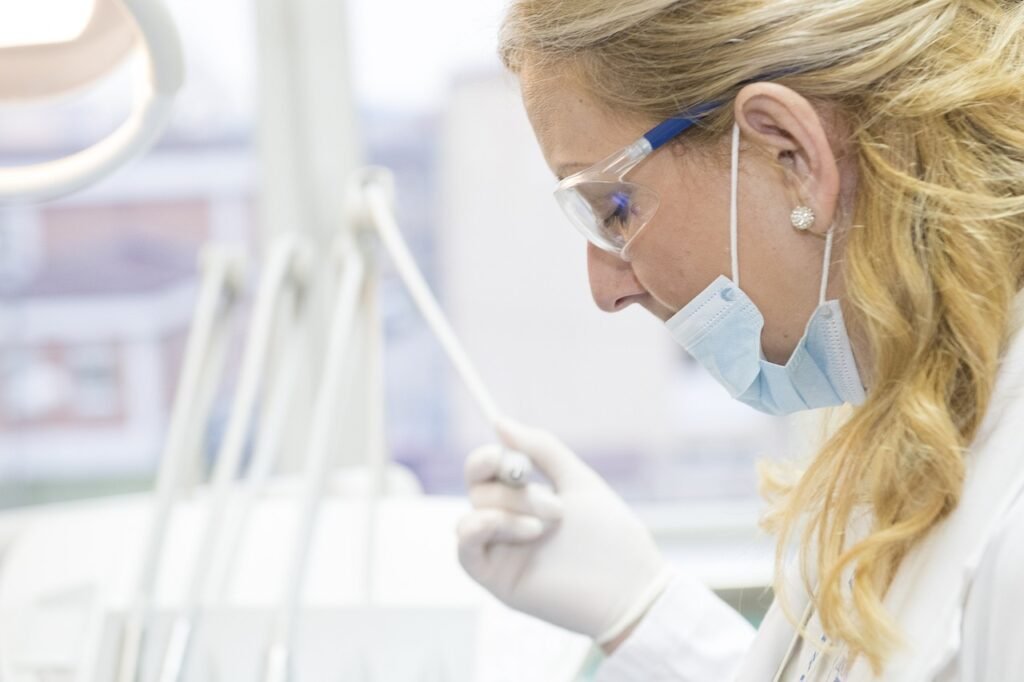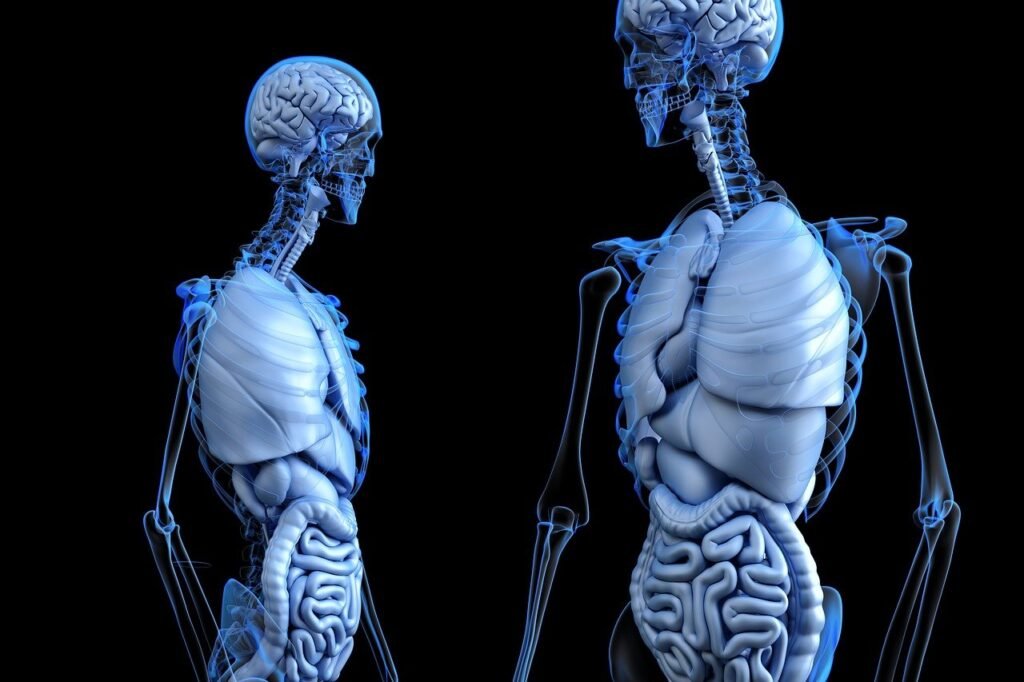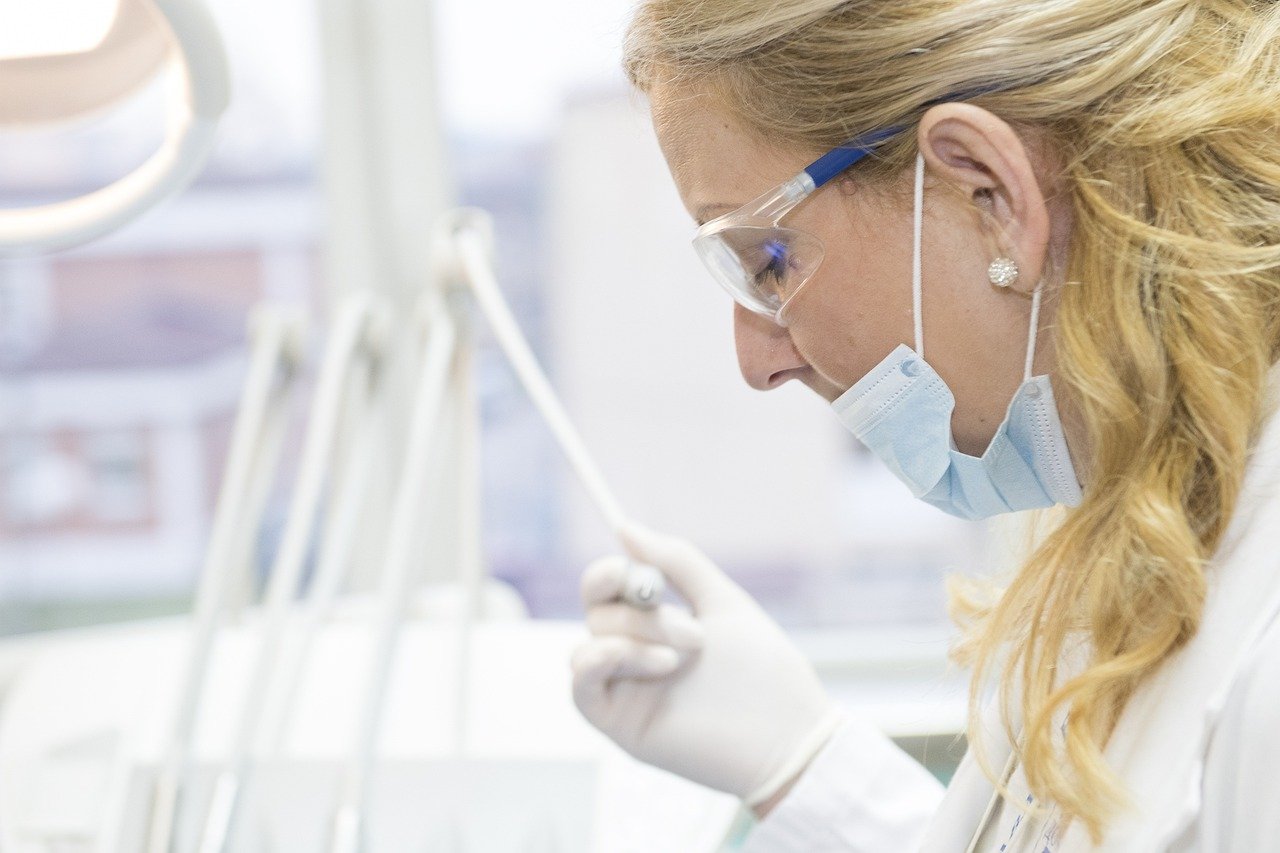Did you know that your dental health could have an impact on your risk of developing kidney stones? It may come as a surprise, but recent research has found a surprising connection between these two seemingly unrelated health issues. This article explores the fascinating link between kidney stones and dental health, shedding light on how taking care of your teeth and gums could potentially help prevent the formation of painful kidney stones.
The Basic Science of Kidney Stones
Understanding kidney stones
Kidney stones are small, hard deposits that form in the kidneys. These stones are made up of various substances, such as calcium, oxalate, and uric acid. When the concentration of these substances in the urine becomes too high, they can crystallize and form solid masses. Kidney stones can vary in size and shape, ranging from as small as a grain of sand to as large as a golf ball. They can cause severe pain and discomfort when they block the urinary tract.
Types of kidney stones
There are different types of kidney stones, each formed by different substances. The most common type is calcium stones, which are composed of calcium oxalate or calcium phosphate. Uric acid stones, struvite stones, and cystine stones are less common but can still occur. Understanding the type of kidney stone you have is important for developing an effective treatment plan.
Causes of kidney stones
Several factors contribute to the formation of kidney stones. Dehydration, a high-sodium diet, and a diet rich in animal protein can increase the risk of developing kidney stones. Certain medical conditions, such as hyperparathyroidism and urinary tract infections, can also increase the likelihood of stone formation. Additionally, a family history of kidney stones and a history of previous stone episodes can make a person more susceptible to developing kidney stones.
Oral Health: An Overlooked Factor
The link between oral health and overall health
Good oral health is essential for overall well-being. Research has linked oral health to various systemic conditions, including heart disease, diabetes, and even kidney stones. The mouth serves as a gateway to the rest of the body, and poor oral hygiene can allow harmful bacteria to enter the bloodstream, leading to systemic inflammation and potential health complications.
Effects of oral health on kidney stone formation
Surprisingly, the health of your teeth and gums can also impact the formation of kidney stones. Studies have shown a correlation between poor oral health and an increased risk of kidney stone formation. The exact mechanisms behind this connection are still being explored, but it is believed that chronic inflammation and the presence of certain bacteria in the mouth can contribute to the development of kidney stones.
Importance of oral hygiene in preventing kidney stones
Maintaining good oral hygiene practices is crucial for preventing not only dental issues but also kidney stones. Brushing your teeth at least twice a day, flossing regularly, and visiting your dentist for regular check-ups and cleanings can help reduce the risk of plaque buildup, gum disease, and the potential systemic effects that can lead to kidney stone formation. Taking care of your oral health is a simple yet effective way to promote overall well-being.

This image is property of pixabay.com.
Oral and Renal Health: The Correlation
Shared risk factors for kidney stones and dental problems
Kidney stones and dental problems share several common risk factors. These include a high-sugar diet, inadequate hydration, and poor oral hygiene. Additionally, conditions such as diabetes and obesity can increase the risk of both kidney stones and dental issues. Recognizing these shared risk factors is crucial for understanding the correlation between oral and renal health and developing comprehensive preventive strategies.
Inflammation as a common denominator
Chronic inflammation plays a key role in the development of both kidney stones and dental problems. Poor oral hygiene can lead to gum disease, causing a chronic inflammatory response in the gums. This inflammation can trigger systemic inflammation, affecting various aspects of health, including renal function. By addressing inflammation in both the oral and renal health realms, it may be possible to reduce the risk of kidney stone formation.
Role of bacteria in kidney stone formation
Emerging research suggests that certain bacteria found in the mouth may play a role in the development of kidney stones. These bacteria can produce enzymes that contribute to the breakdown of urinary components, leading to stone formation. Understanding the interaction between oral bacteria and kidney stones could pave the way for innovative preventive approaches that target both dental and renal health.
Saliva: The Unsung Hero
Saliva’s role in maintaining oral health
Saliva plays a crucial role in maintaining oral health. It helps to lubricate the mouth, aid in digestion, and prevent the overgrowth of harmful bacteria. Saliva contains antimicrobial compounds that help control the bacterial population, protecting against oral infections and maintaining a healthy oral environment. Insufficient saliva production, often caused by dehydration or certain medications, can contribute to dental issues and increase the risk of kidney stone formation.
Saliva’s impact on kidney stone prevention
Saliva not only influences oral health but also has an impact on kidney stone prevention. Adequate saliva production helps maintain the balance of substances in the urine, preventing the crystallization and formation of kidney stones. Saliva also contains substances that can inhibit the aggregation of crystals, further reducing the risk of stone formation. Maintaining optimal saliva production through hydration and proper oral hygiene can be beneficial for both oral and renal health.
Effects of medications on saliva production
Certain medications, such as diuretics and antihistamines, can decrease saliva production, leading to dry mouth and potentially increasing the risk of dental issues and kidney stone formation. It is important to discuss the potential effects of medications with your healthcare provider and explore strategies to mitigate any adverse impacts on saliva production. Maintaining a healthy saliva flow is crucial for overall oral and renal well-being.

This image is property of pixabay.com.
Dietary Choices and Kidney Stones
The impact of diet on oral and renal health
Diet plays a significant role in both oral and renal health. Consuming a balanced diet that is rich in fruits, vegetables, whole grains, and lean proteins can provide essential nutrients for healthy teeth and gums as well as support optimal kidney function. On the other hand, a diet high in sugar, sodium, and processed foods can increase the risk of dental issues and kidney stone formation.
High sugar diets and kidney stone risk
Excessive sugar consumption is associated with a higher risk of dental cavities and gum disease. Moreover, it can also affect renal health. High sugar intake can lead to elevated blood sugar levels, causing increased urinary excretion of calcium, a common component of kidney stones. By reducing sugar consumption, individuals can mitigate the risk of both dental problems and kidney stone formation.
Effects of acidic foods and beverages on dental and renal health
Acidic foods and beverages, such as citrus fruits and soft drinks, can erode tooth enamel, leading to dental erosion and cavities. Additionally, the consumption of acidic foods can alter urinary pH levels, making it more favorable for the crystallization of certain substances and increasing the risk of kidney stone formation. It is important to consume acidic foods and beverages in moderation and maintain oral hygiene practices to minimize their potential negative effects.
Maintaining Optimal Oral and Renal Health
Importance of regular dental check-ups
Regular dental check-ups are essential for maintaining optimal oral health and preventing dental issues that may contribute to kidney stone formation. During these visits, your dentist can assess your oral hygiene, identify any early signs of dental problems, and provide appropriate preventive measures and treatments. By staying proactive with your dental care, you can take active steps towards preserving both oral and renal health.
Oral hygiene practices for kidney stone prevention
In addition to regular dental check-ups, adopting proper oral hygiene practices is crucial for kidney stone prevention. Brushing your teeth at least twice a day with fluoride toothpaste, flossing daily, and using mouthwash can help eliminate harmful bacteria and prevent plaque buildup, reducing the risk of dental problems that may impact renal health. Working with your dentist to develop a personalized oral hygiene routine can help minimize the risk of kidney stone formation.
Balance in diet: Key to oral and renal well-being
Maintaining a balanced diet is key to promoting both oral and renal well-being. Incorporating a variety of nutritious foods while limiting the consumption of sugary and acidic foods can help maintain optimal oral health and reduce the risk of kidney stone formation. It is important to consult with a healthcare professional or a registered dietitian to develop a personalized dietary plan that supports both oral and renal health.

This image is property of pixabay.com.
Preventing Future Kidney Stones
Steps to minimize kidney stone risk
Preventing future kidney stones involves adopting a holistic approach that addresses various risk factors. Some key steps to minimize kidney stone risk include staying hydrated by drinking an adequate amount of water, reducing sodium intake, maintaining a healthy weight, and evaluating and modifying dietary choices. By understanding and addressing these factors, individuals can take proactive measures to prevent recurrent kidney stones.
Managing oral health to reduce kidney stone recurrence
Since oral health can influence kidney stone formation, managing oral health is crucial in reducing the risk of kidney stone recurrence. By maintaining good oral hygiene practices, attending regular dental check-ups, and addressing any oral health issues promptly, individuals can lower the chances of developing dental problems that can contribute to the formation of kidney stones. It is important to view oral health as an integral part of overall wellness.
The role of professional dental cleanings
Professional dental cleanings play a vital role in maintaining oral health and preventing kidney stones. During these cleanings, dental professionals can remove plaque and tartar buildup that cannot be effectively addressed through regular brushing and flossing alone. By eliminating these deposits, the risk of gum disease and the potential systemic effects on renal health can be reduced. Regular professional dental cleanings are an essential component of comprehensive oral health care.
Detecting and Treating Kidney Stones
Symptoms and diagnosis of kidney stones
Detecting kidney stones early is important for timely intervention. Symptoms of kidney stones can include severe pain in the back or side, blood in the urine, frequent urination, and a persistent urge to urinate. If kidney stones are suspected, various diagnostic tests, such as urine analysis, blood tests, and imaging studies like X-rays or CT scans, may be used to confirm the presence and characteristics of kidney stones.
Medical interventions for kidney stones
Treatment for kidney stones depends on the size and location of the stones. Small stones may pass naturally through the urinary tract with increased hydration and pain management. However, larger stones may require medical interventions, such as extracorporeal shock wave lithotripsy (ESWL), ureteroscopy, or surgical removal. It is important to consult with a healthcare provider to determine the most appropriate treatment option based on individual circumstances.
Considering oral health in kidney stone treatment
In the management of kidney stones, it is essential to consider the potential impact of oral health on treatment outcomes. The presence of oral infections or chronic inflammation may interfere with the body’s healing process and affect overall health. Therefore, addressing any oral health concerns prior to or during kidney stone treatment can optimize the effectiveness of interventions and contribute to the overall well-being of the individual.
Addressing the Knowledge Gap
Importance of educating healthcare professionals
Addressing the connection between oral health and kidney stones requires a comprehensive understanding among healthcare professionals. Educating dentists, doctors, and other healthcare providers about the interplay between oral and renal health can improve patient care and promote proactive preventive measures. By incorporating oral health assessments and interventions into routine medical practice, healthcare professionals can contribute to a more holistic approach to patient well-being.
Promoting multidisciplinary care approach
Considering the multifaceted nature of the relationship between oral health and kidney stones, a multidisciplinary care approach is crucial. Collaboration between dental and medical professionals can help identify shared risk factors, develop targeted interventions, and address the underlying causes of both dental issues and kidney stone formation. By working together, healthcare teams can provide comprehensive care and improve patient outcomes and quality of life.
Research opportunities for further exploration
While significant progress has been made in understanding the connection between oral health and kidney stones, there is still much to learn. Research opportunities exist to explore the mechanisms underlying this relationship, investigate the role of specific oral bacteria in kidney stone formation, and evaluate the effectiveness of preventive strategies targeting both oral and renal health. Continued research in this field can deepen our understanding and pave the way for innovative approaches to address this surprising connection.
Conclusion
The surprising connection between oral health and kidney stones highlights the importance of taking a comprehensive approach to overall well-being. Understanding the basic science of kidney stones, recognizing the impact of oral health on kidney stone formation, and considering the correlation between oral and renal health can guide individuals in making informed choices to promote optimal health. By maintaining good oral hygiene practices, adopting a balanced diet, staying hydrated, and seeking regular dental and medical care, individuals can minimize the risk of kidney stones and enhance their overall quality of life.

